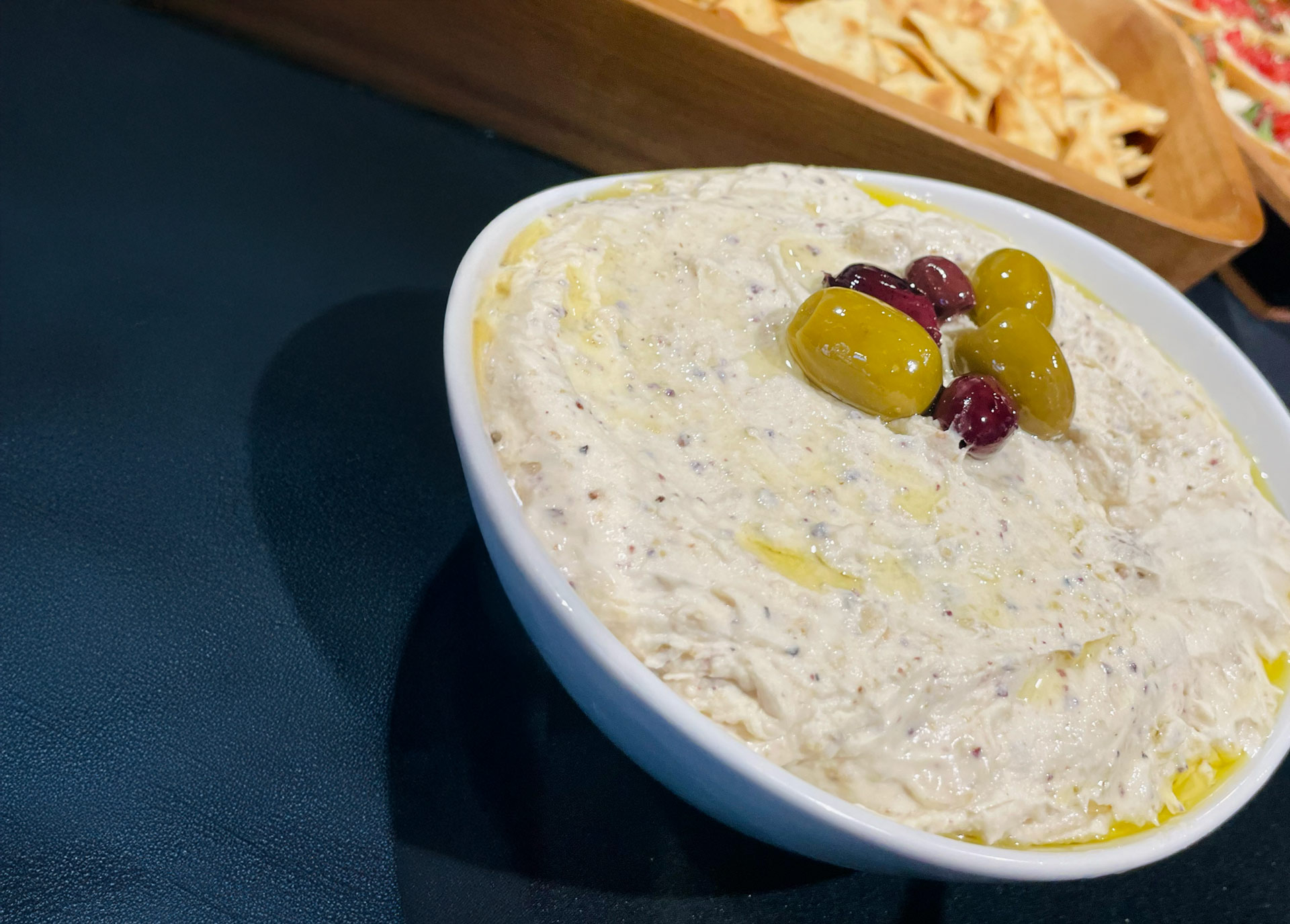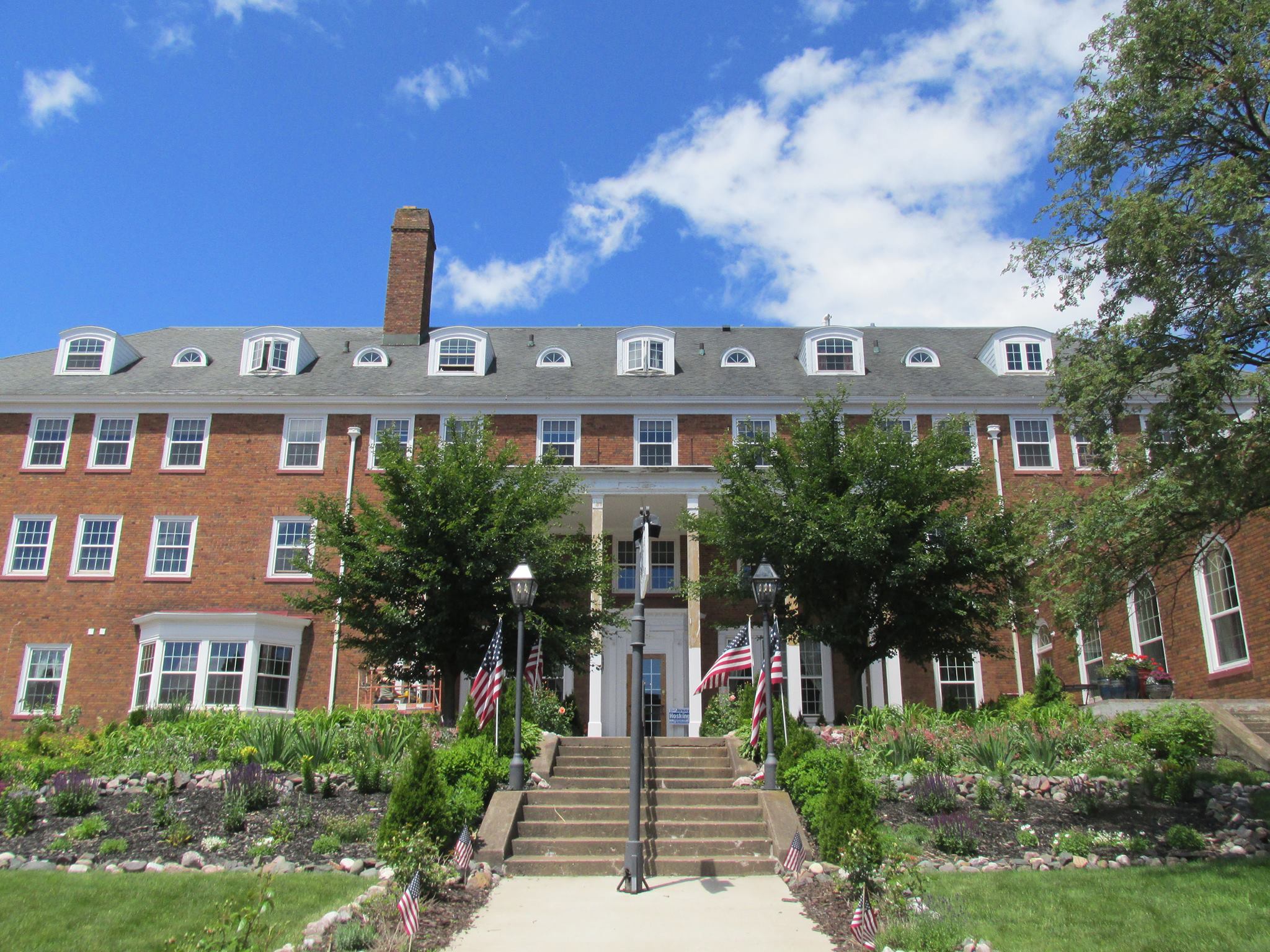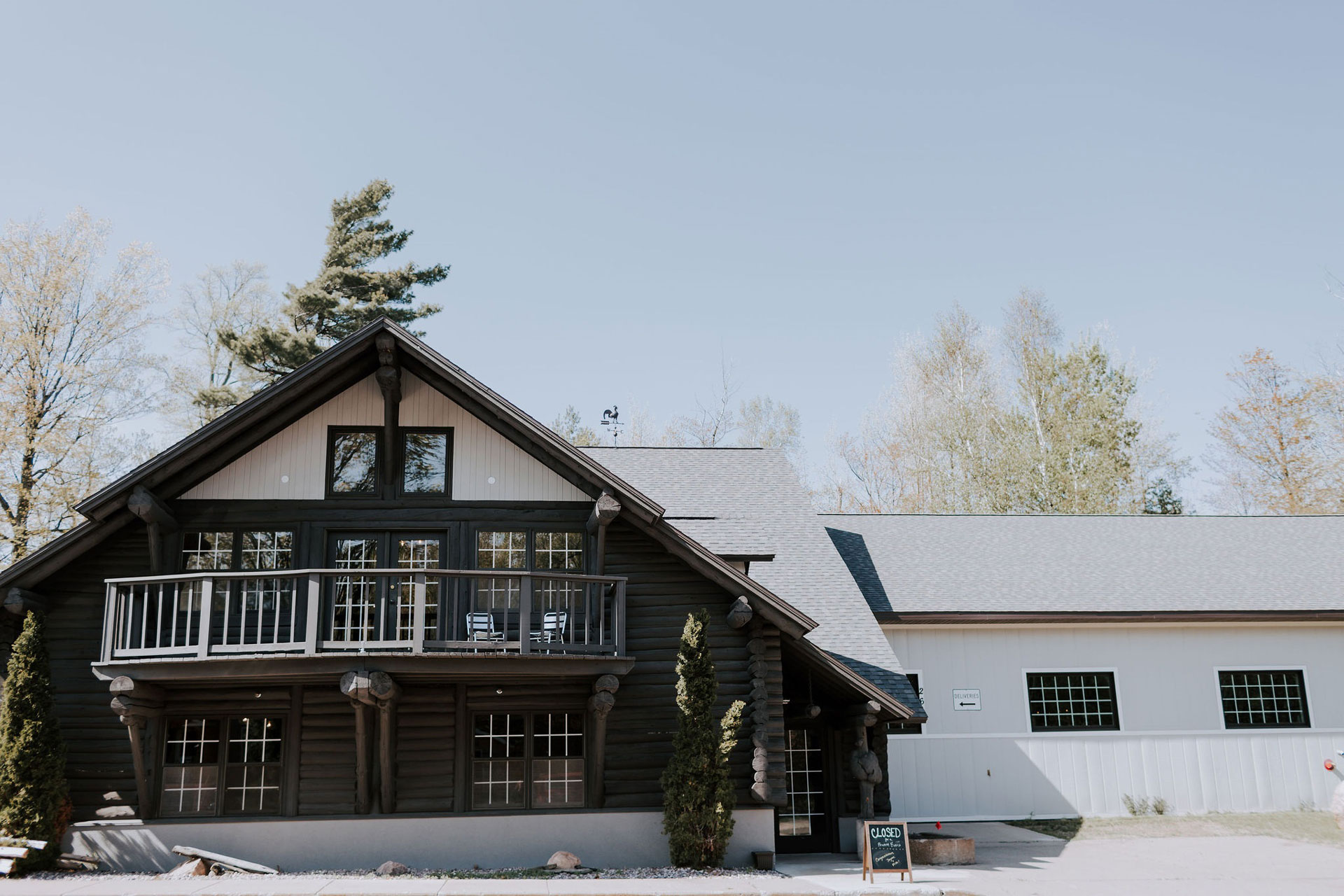If you’ve ever planned an event or wedding, you might have experienced some sticker shock when receiving quotes from caterers. It’s natural to wonder why catering can be expensive, especially when compared to simply preparing food at home. However, catering involves much more than just cooking a meal. In this blog, we’ll break down the various factors that contribute to the cost of catering, helping you understand why it’s an investment in the success of your event.
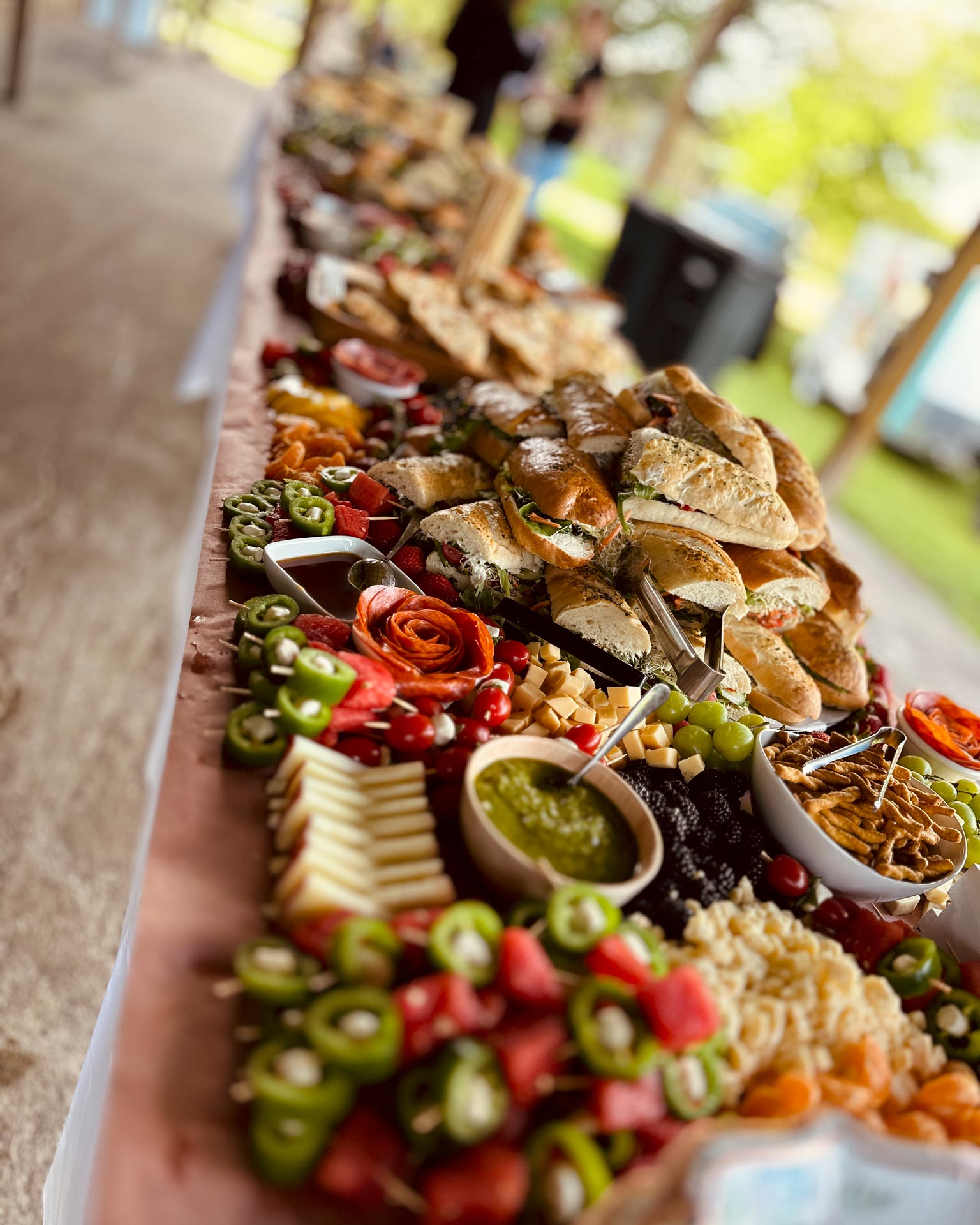 High-Quality Ingredients
High-Quality Ingredients
Sourcing the Best
One of the primary factors in the cost of catering is the quality of ingredients. Professional caterers like Loaded Potato Catering prioritize using fresh, high-quality ingredients that meet strict standards for taste and presentation.
Specialty Items
Depending on your menu choices, certain ingredients might be expensive or require special ordering, especially if you’re requesting out-of-season produce, imported goods, or specialty meats.
Labor Costs
Skilled Labor
Catering is about delivering a professional service. This includes hiring skilled chefs, kitchen staff, and service personnel who are experienced in preparing and serving food for large groups. These professionals are compensated for their knowledge, which is reflected in the overall cost.
Event Staffing
Beyond the kitchen, catering often requires a team of servers, bartenders, and sometimes even cleanup crews. These individuals are essential for ensuring that your event runs smoothly, from setting up tables to serving meals and drinks to guests. Their wages are part of the cost structure.
3. Equipment and Rentals
Specialized Equipment
Catering for an event often requires specialized equipment that you wouldn’t typically find in a home kitchen. This can include industrial-grade ovens, large refrigeration units, and transport vehicles that keep food fresh and at the right temperature.
Rentals
Many events require additional rentals such as tables, chairs, linens, dinnerware, and glassware. These costs can add up, especially if you’re hosting a large event or want higher-end items.
4. Customization and Menu Design
Tailored Menus
Unlike a restaurant with a set menu, catering involves creating a customized menu specifically for your event. This means planning dishes that match your tastes, dietary restrictions, and the overall theme, often requiring the purchase of new or specialty ingredients that aren’t always on hand. This process requires time and expertise.
Testing and Tasting
Often, caterers will conduct tastings for their clients to ensure that the menu is perfect. While this allows you to experience the flavors and presentation beforehand, it involves additional preparation and staffing, contributing to the overall cost. Even though only a small portion of food is prepared, the ingredients still need to be purchased in full quantities, which can be expensive. This means that the cost of the tasting includes not only the labor and time involved but also the expense of sourcing and preparing these ingredients, making it an important part of the service that adds value to your event.
 5. Logistics and Coordination
5. Logistics and Coordination
Event Planning
Coordinating the logistics requires careful planning of every event detail, from setup to cleanup. This includes arranging tables and serving stations for optimal space and flow, ensuring that food is served fresh and on time. Effective coordination equals smooth operations, managing staff movement and addressing any issues that arise, all to create a seamless experience for your guests. The aim is to allow you and your guests to enjoy the event without interruptions.
Transportation
Transporting food from the kitchen to the event location is a crucial logistical task that ensures all dishes arrive fresh, hot, and ready to serve. This requires specialized equipment, like insulated containers, to maintain the proper temperature during transit. Timing and coordination are key to preserving the quality of the food, with strict attention to food safety standards to ensure everything is served at the right temperature. The goal is to deliver an ideal dining experience, with the food retaining its quality from the kitchen to your guests.
6. Overhead Costs
Business Expenses
Like any business, catering companies have overhead costs, including rent for kitchen space, utilities, insurance, permits, and licensing fees. These costs are factored into the price so that the business can operate legally and sustainably.
Health and Safety Compliance
Adhering to strict health and safety regulations requires investment in proper equipment, training, and certifications. This ensures that all food is prepared and served in a safe manner, which is critical for the well-being of your guests.
7. The Value of Convenience
Peace of Mind
Hiring a caterer takes the stress off of you as the host. When every detail of the meal is expertly managed, you are left with the convenience and peace of mind to fully enjoy your event.
Experience and Expertise
Professional caterers bring years of experience to the table, which helps them anticipate and handle any issues that might arise during the event. Their expertise ensures that your guests have a seamless dining experience, which is priceless on your big day.
While catering can be expensive, it’s important to remember that you’re paying for much more than just food. The costs reflect the high-quality ingredients, skilled labor, specialized equipment, and meticulous planning that go into making your event a success. At Loaded Potato Catering, we strive to provide exceptional value by delivering not just a meal, but an unforgettable experience for you and your guests.


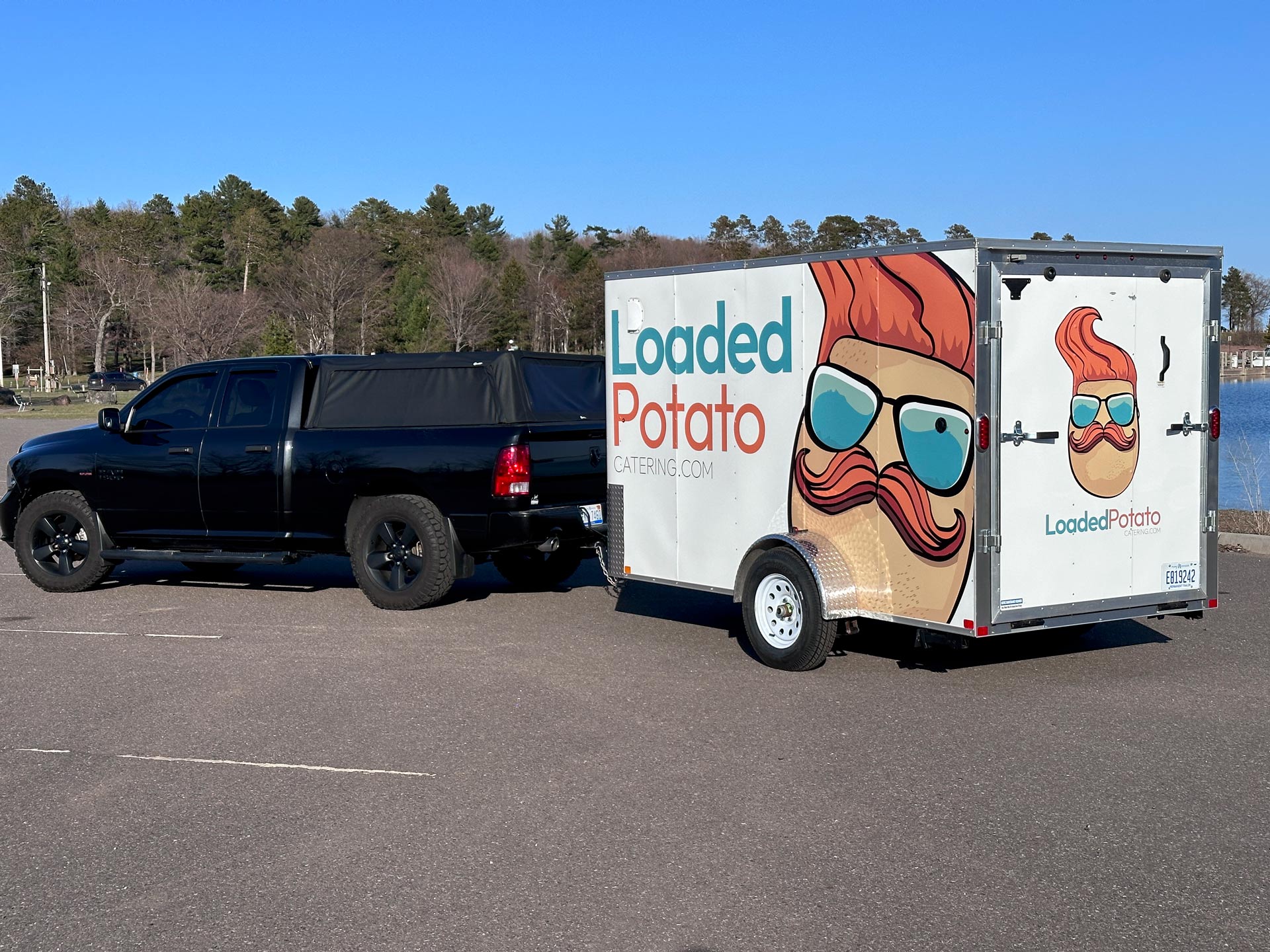 5. Logistics and Coordination
5. Logistics and Coordination